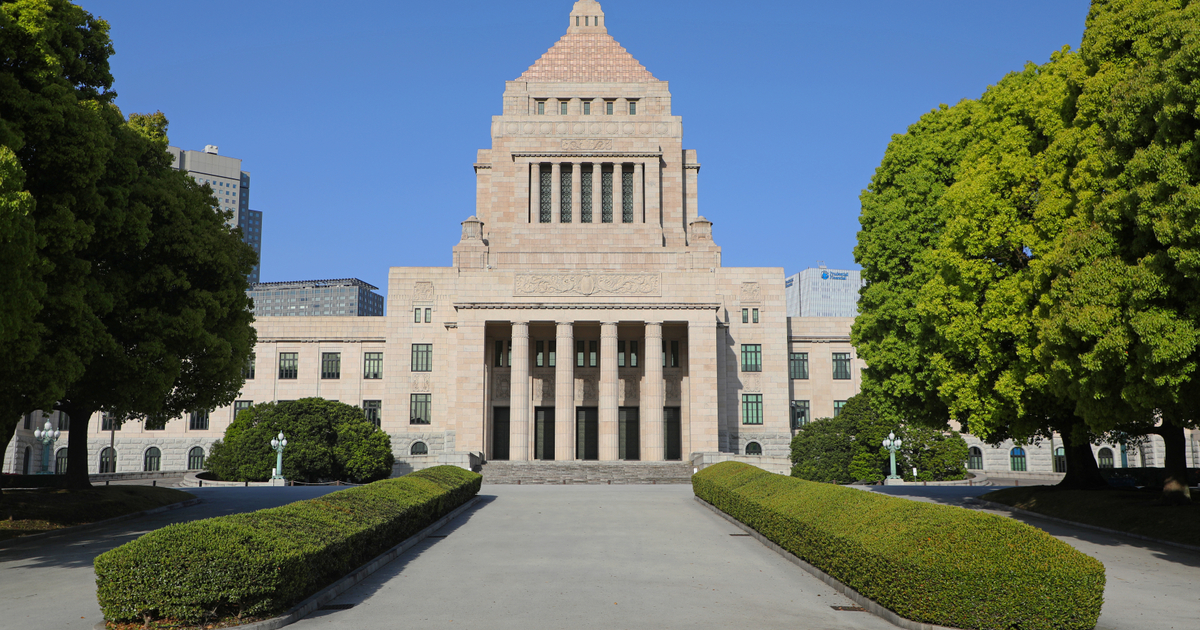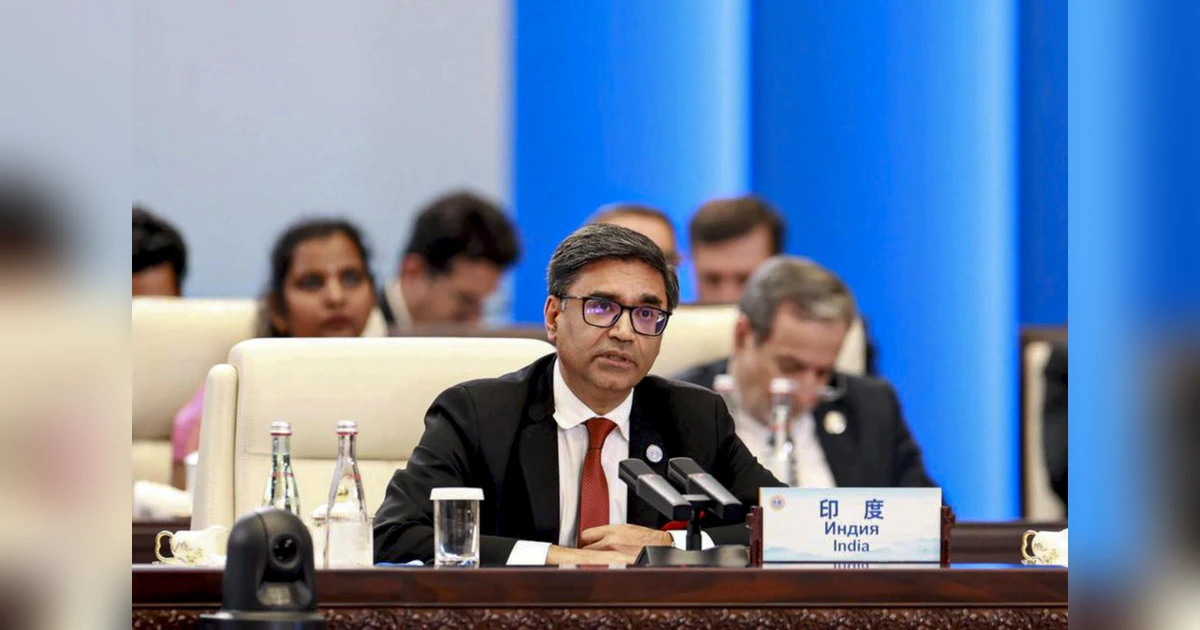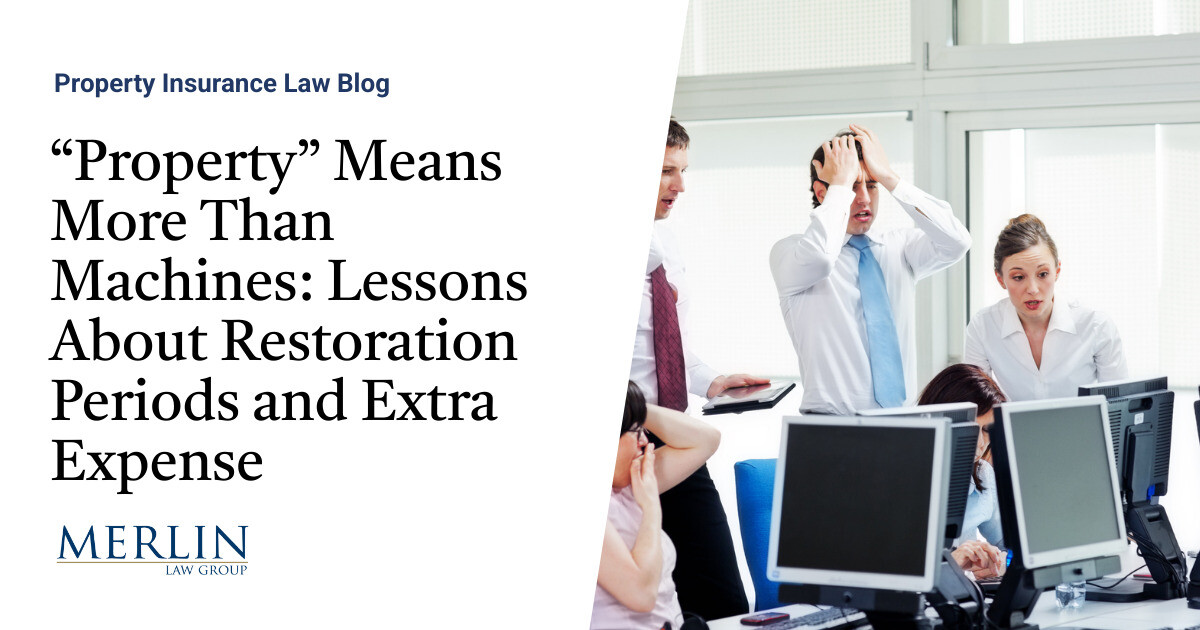COMMENT: I have been considering the issues of whether the affirmative defense of qualified and other immunity defenses are or are not available to employees of states and cities if the complaint seeks only equitable relief and not money damages, and whether such defendants can avail themselves of the immunity defenses if they are sued in their official capacities and not their personal capacities. The basic rule of most Circuits, including the Fifth, is that if you sue a public employee their official capacity, and the complaint seeks only equitable relief and not monetary damages, the public employee defendant cannot assert immunity defenses.
Petition for Writ of Certiorari: Baraka v. McGreevey_Writ Application_U.S. Sup. Ct.
I once followed the Third Circuit case of Bakara v. McGreevey 481 F.3d 187 (3rd Cir 2007) that involved those issues, and I obtained a copy of the Petition for Writ of Certiorari filed in SCOTUS. See attached. That petition talks about the split in the Circuits at the time and addresses said issues. I concluded that decisions of the Second, Third, and Eleventh Circuits are very confusing on the said issues, and I was glad I was in the Fifth Circuit. The discussion in the said Petition for Writ of Certiorari in Bakara v. McGreevey must, of course, be brought to date on the issues, but assuming there is still a split in the Circuits that could “open a door,” the following moves made by the defendants in New York v. Trump, et al could shut down the Hochul, Engoron and James fiasco, specifically any proceedings to execute on the judgment based on the verdict:
FILE A COMPLAINT against Hochul, Engoron and James IN THEIR OFFICIAL CAPACITIES, NOT IN THEIR PERSONAL CAPACITIES. The complaint would allege that the 8th Amendment was violated in New York v. Trump, et al. The complaint would seek ONLY EQUITABLE RELIEF as follows:
(1) A declaratory judgment stating
(a) the definition of “restitution” and “damages” as set forth in New York Executive Law § 63(12),
(b) the formula the court used, or should use, to calculate the amount of the verdict/judgment, and
(c) whether what is called “damages and restitution” in the statute is really a fine, penalty or some hybrid form of damages;
(2) prospective injunctive relief, i.e., a TRO [Temporary Restraining Order], a preliminary injunction, and a permanent injunction against Hochul, Engoron, and James in their official capacities prohibiting them from taking any action in the future to enforce the judgment. Seeking only equitable relief and not damages may mean that Hochul, Engoron and James cannot plead the defense of qualified and other immunities. Lawyers always want to include a deep pocket defendant to get a money judgment, so they shoot themselves in the foot by seeking personal money judgments against employees of a municipality or a state. There are many cases on this type of complaint, but I am familiar with two where the plaintiff’s lawyers sought ONLY equitable relief and not damages against public employees in their official capacities. See Gorby v. Davis and Center for Biological Diversity v. Ken Sakazar
{Plaintiffs in Gorby v. Davis filed action against Interior and FWS to set aside FWS’s finding that the desert bald eagle does not qualify as a distinct population segment (“DPS”) entitled to protection under the Endangered Species Act (“ESA”). Plaintiff’s motions for summary judgment was granted. The Court found that FWS’ 12–month finding was based on the 2007 delisting rule, which failed to comport with the notice, comment, and consultation requirements of the ESA. The Court set aside the 12–month finding as an abuse of discretion.}
THE VENUE WOULD BE the U.S. District Court for the Northern District of New York located in the James T. Foley U.S. Courthouse, Suite 509, 445 Broadway, Albany, NY 12207. Hochul is domiciled in the New York State Executive Mansion, the official residence of the governor of New York. The Executive Mansion is located at 138 Eagle Street in Albany, New York, near the state capital. The Executive Mansion has housed governors and their families since 1875. This avoids filing in the U.S. District Court for the Southern District of New York.
Best regards.
EGM
REPLY: I think your analysis speaks to this very issue of the perversion of law. Given that the 8th Amendment prohibits cruel and unusual punishment, I fail to see how courts can create immunity to violate the Constitution they swear to uphold. In that case, the Third Circuit’s decision extended legislative immunity far beyond the bounds of the Constitution, effectively conferring absolute legislative immunity on any activity by executive officials with even a slight connection to the legislative process.
The Supreme Court just heard an oral argument in SEC v Jaresy (22-859) on November 29th, 2023, which could also impact the Trump Case. The Dodd-Frank Act passed in the aftermath of the 2007 Crash vested the SEC with the authority to sue “any person” for violations of the securities acts, including anti-fraud claims, in its own internal administrative tribunals. That was, in my opinion, unconstitutional. This Act circumvented the Seventh Amendment and the right to a jury trial.
The Seventh Amendment guarantees the right to trial by jury in “suits at common law,” encompassing legal, as opposed to equitable, claims for penalties. The Supreme Court had long held that the touchstone for the applicability of Seventh Amendment rights was the practice of the courts of England in 1791 when the Seventh Amendment was ratified. Therefore, that history establishes that eighteenth-century English courts afforded jury trial rights that included civil enforcement actions prosecuted by the Crown whenever the right of private property was at stake, as in suits for penalties.

 We all may know that the Magna Carta established rights that were forced on King John (1166–1216) to sign on June 15, 1215, at the demands of the elite barons. The reason for that was rather important – the common man was not taxed, only the rich. A tax revolt over government abuse was at the core of this entire issue. The abuse was so profound that part of the demand included the right to trial by jury because the King would fine you whatever he pleased to really raise money.
We all may know that the Magna Carta established rights that were forced on King John (1166–1216) to sign on June 15, 1215, at the demands of the elite barons. The reason for that was rather important – the common man was not taxed, only the rich. A tax revolt over government abuse was at the core of this entire issue. The abuse was so profound that part of the demand included the right to trial by jury because the King would fine you whatever he pleased to really raise money.
At the time, it was said that there was hardly an Englishman who had not been amerced at least once a year. An amercement is a financial penalty in English law. It was an abuse where the king made revenue from fines during the Middle Ages. The noun “amercement” is derived from the verb “amerce,” which means the king amerces his subject, who offended some law that goes back to Anglo-Norman origin, literally meaning “being at the mercy of” your sovereign.
 Therefore, in forming this nation, there was a contest between the Federalists of Hamilton, who wanted immense power for the government, and the Anti-Federalists. It may surprise many, but Patrick Henry, who every school child was taught in his memorable 1775 declaration, “Give me liberty or give me death,” refused to sign the Constitution because there was no Bill of Rights.
Therefore, in forming this nation, there was a contest between the Federalists of Hamilton, who wanted immense power for the government, and the Anti-Federalists. It may surprise many, but Patrick Henry, who every school child was taught in his memorable 1775 declaration, “Give me liberty or give me death,” refused to sign the Constitution because there was no Bill of Rights.
The king was circumventing your right to a jury trial after the Magna Carta by charging you in vice-admiralty courts where there was no right to a jury. The draft constitution’s omission of a common law jury trial right was the primary objection that nearly scuttled ratification. The Anti-Federalists carried the day in pushing through the Seventh Amendment, in large part to assure that the government could not put citizens to trial for penalties without the intervention of a jury.
That is precisely what NYC did to Trump, and they did that to me as well. It is a vile place where nobody in their right mind should do business. Will they have to go after anyone with a loan and argue they overvalued their property even after repaying it to prove this was not a political hit on only Trump? Even the New York Times explained that this statute has never before been used in a case that was not criminal fraud.

Here, we have a statute where the penalty was in the judge’s hands — there was no jury — and it gave him wide discretion to do precisely what the Eighth Amendment was to prevent. This is intended to bankrupt Trump to interfere in the 2024 election. The last time states did this to ban a candidate from the ballot was in 1860 and the ban against Abraham Lincoln. That led to civil war. Democrats in Washington are already saying if Trump is elected, they will REFUSE to comply with any of his orders. This is the end of the United States, and the Civil Unrest coming post-2024, as forecasted by our computer, is now becoming more understandable.



































